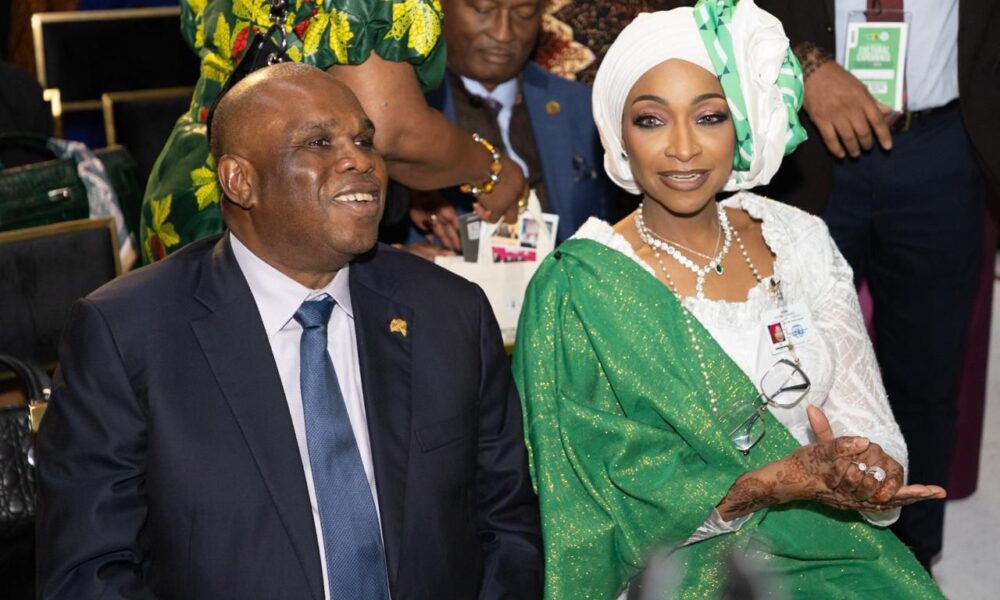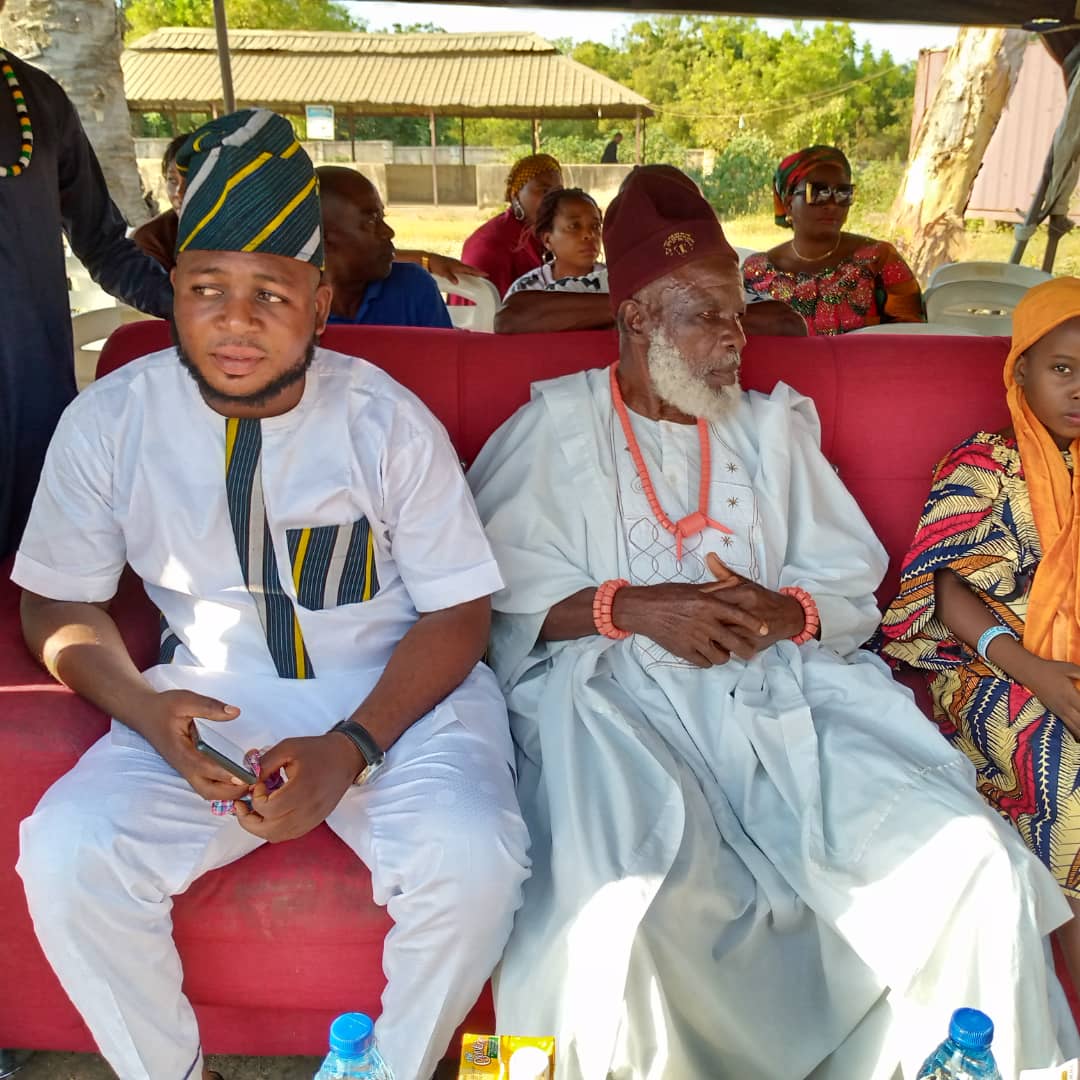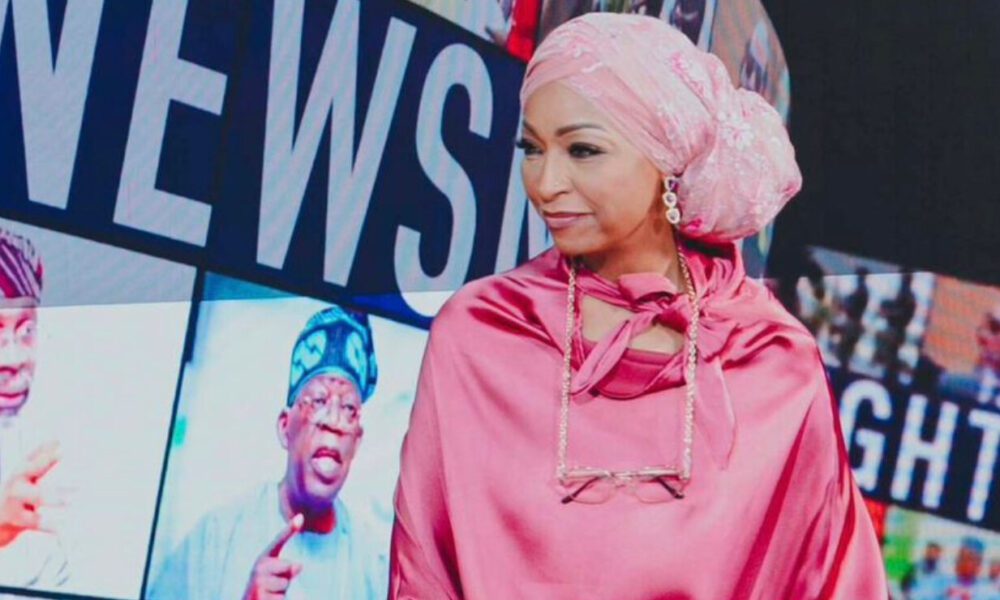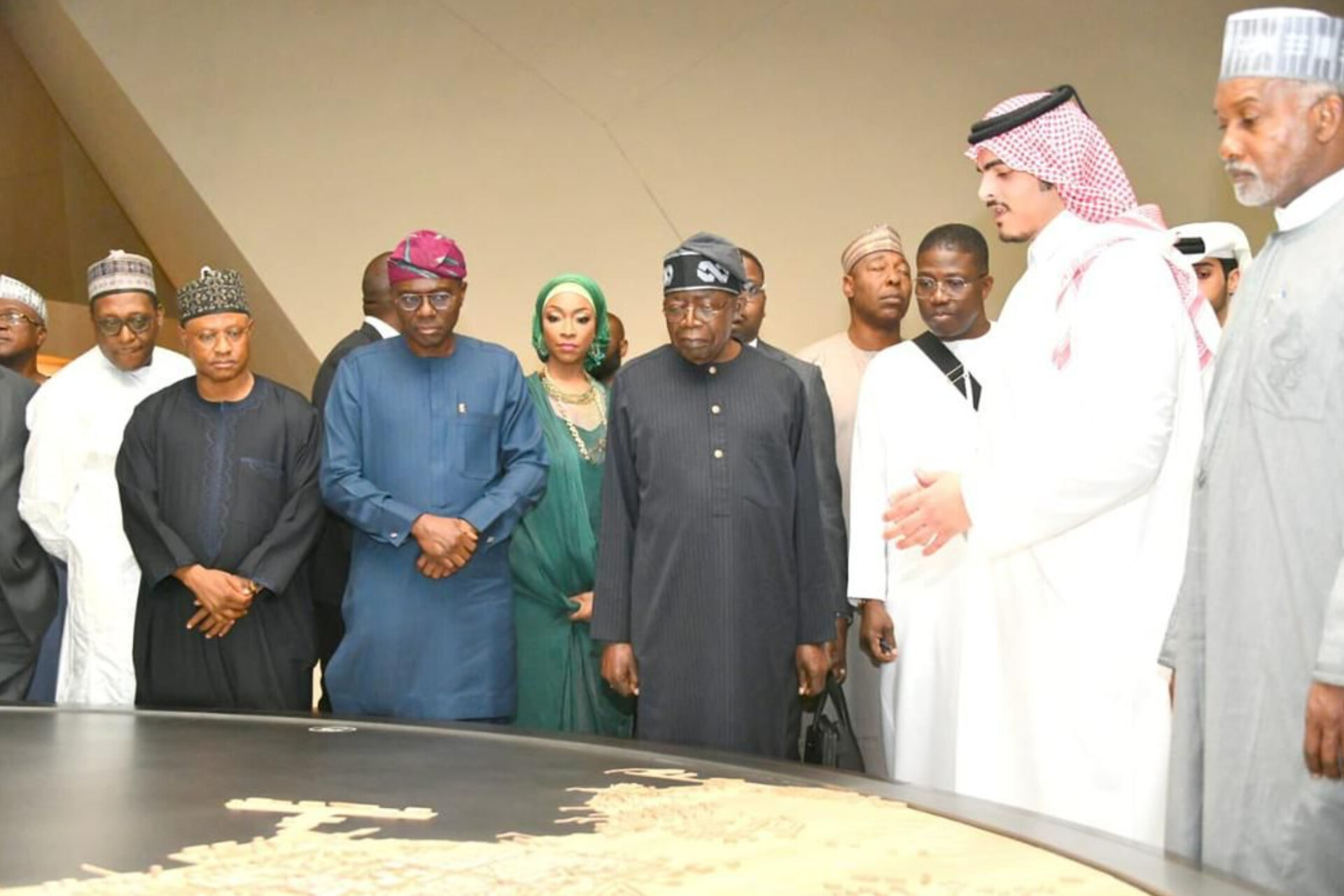Nigeria’s creative industries are set for a major boost as the Minister of Arts, Culture, and the Creative Economy, Barrister Hannatu Musa Musawa, has secured a $200 million financing facility from the African Export-Import Bank (Afreximbank).
Specia Adviser on Media and Publicity
Dr Nneka Ikem Anibeze, in a statement indicated that the deal is part of the government’s Destination 2030 initiative, which is targeted at positioning Nigeria as a global leader in culture and creativity by the end of the decade.
The statement quoted Musawa to have described the Afreximbank partnership as a vital step in achieving the Ministry’s ambitious goals, urging investors and development partners to join in transforming Nigeria’s creative sector.
“This collaboration is a key part of our Destination 2030: Nigeria Everywhere vision. We are working to create two million jobs and contribute $100 billion to Nigeria’s GDP. To fully realize this vision, I call on investors, development partners, and global collaborators to support our mission,” Musawa said.

Afreximbank President, Professor Benedict Oramah, announced the $200 million facility during a high-profile event in New York, stating that the funds will support new initiatives that drive sustainable growth in Nigeria’s creative industries.
He highlighted Afreximbank’s Creative Africa Nexus (CANEX) Programme, which is designed to elevate Africa’s share of global trade in cultural products.
“We are proud to partner with the Federal Ministry of Arts, Culture, and the Creative Economy in this initiative, providing $200 million to support Nigeria’s creative and cultural industries,” Oramah said.
“This partnership aligns with Afreximbank’s strategy to enhance Africa’s role as a global cultural leader through tailored financial solutions, technical capacity building, and market access for creative entrepreneurs.”
Minister Musawa also held high-level meetings during the United Nations General Assembly (UNGA), advancing Nigeria’s creative goals.
Her discussions included aligning Nigeria’s cultural initiatives with the UN’s Sustainable Development Goals in a meeting with Amina Mohammed, UN Deputy Secretary-General.
She also presented Nigeria’s 8-point cultural and creative industry plan to U.S. Under Secretary Lee Satterfield.
As part of its Destination 2030 initiative, the Ministry has already seen significant progress, reporting a 36% increase in Nigeria’s Cultural Influence and an 18% rise in the Brand Perception Index as of 2024.




